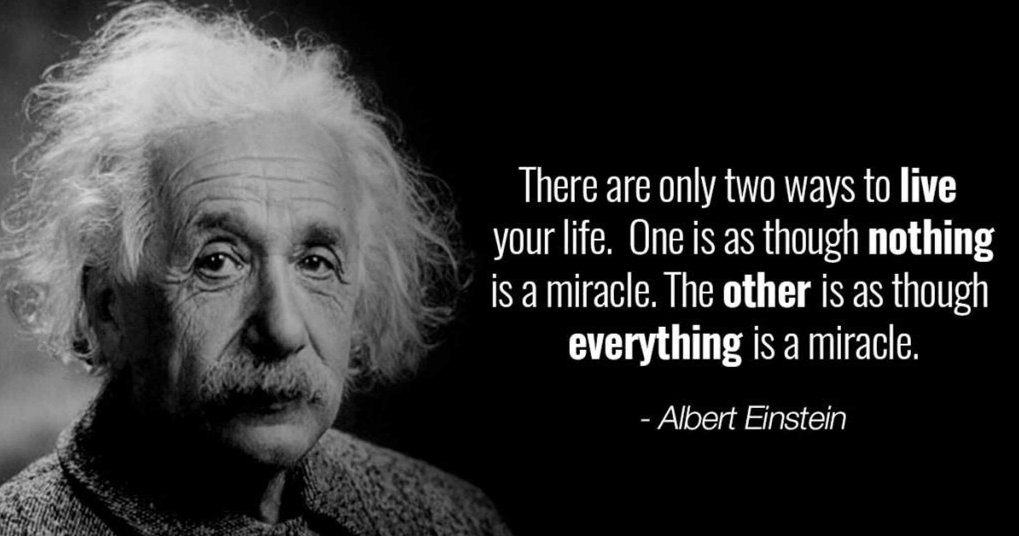
Miracles DO happen. There’s no such thing as a miracle!
We are in the Easter season, centered on the greatest miracle of all – the Resurrection of Jesus Christ from the dead. It is THE article of faith. Faith seems to be a prerequisite for miracles – or is it? “Miracles DO happen!” “There’s no such thing as a miracle!”
Even the dictionary presents these contrasting definitions: 1) an extraordinary event manifesting divine intervention in human affairs (Merriam-Webster), and 2) a very lucky event that is surprising and unexpected (Cambridge English). Perhaps it is your personal perspective and/or belief that conditions your perception and response. Is prayer a connection with God, or are we just talking to ourselves?
This month we will look at both sides of the question while examining The Science of Miracles by Barbara Bradley Hagerty. Barbara says, “I never lost respect . . . [for the] belief that how you think and pray can have a physical effect on your body. . . If scientists don’t buy intercessory prayer, most do agree that there is a mind-body connection, that the state of your own emotions or thoughts can alter your health. Because neither science nor religion possesses the slam-dunk argument, the dispositive evidence that proves that there is a God, or there isn’t.” It’s up to YOU to decide. Do you believe in miracles?
Our second reading Promises of the Sacred Heart by Kirsten Clodfelter is a story about a young couple who were told that they wouldn’t be able to conceive a child and yet it’s a miracle were the words used to describe the birth of their daughter. They named her Brygid, meaning: healthy and strong. Ironically, she was born frail due to a rare inherited metabolic disease which would limit her life span to a few years.
Since Brygid’s diagnosis, her mother, Anka has grown more and more superstitious—anything is credible so long as it means the news will be good. She lights candles after mass, prays for saint’s intervention while her husband, Zarek rebels against the way grief is wholly remaking them. “We thought we knew better. Fools back then, to believe our sheer desire, our goodness, gave us the power to will a person into being.” We watch them struggle with the realization that eventually, this disease would take Brygid from them.
As the narrator points out, “There’s no point in even thinking of used to. No way to unravel the thread back to who we once were.” This struggle changes and transforms.
It is my belief that there are two kinds of Miracles. The first is called Cure where God changes our circumstances. The second is called Healing where God changes us instead.
The second involves the transformation of our soul. One can embrace personal growth called Wholeness or not. It’s a character builder.
The struggle between God and humans breaks out in everyone, together with the longing for reconciliation. Most often this struggle is unconscious and short-lived….The stronger the soul and the flesh, the more fruitful the struggle and the richer the final harmony. God does not love weak souls and flabby flesh. The spirit wants to have to wrestle with flesh which is strong and full of resistance.—Nikos Kazantzakis, The Last Temptation of Christ